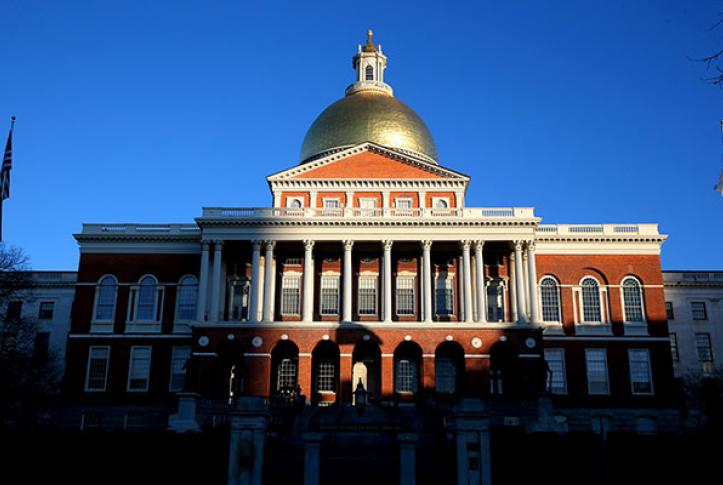
Massachusetts small businesses have struggled under the weight of the pandemic-driven downturn. Data from the Opportunity Insights Recovery Tracker shows that the number of small businesses open is down 37% in Massachusetts since the start of 2020. These statistics likely would have been much worse if federal lawmakers didn’t enact the Paycheck Protection Program as part of the 2020 CARES Act to provide aid to struggling small businesses.
Approximately 120,000 Massachusetts businesses utilized Paycheck Protection Program federal loans to survive a sudden, once-in-a-century pandemic that shut their businesses down through no fault of their own. Once they established the PPP, federal lawmakers made clear that if a company took the loan and maintained normal operations, they would forgive the loan, and the IRS would treat the loan as a tax-free grant. Beacon Hill legislators have so far failed to do the same, and Bay State employers are facing the prospect of surprise state income tax bills this spring as a result
Due to the way the Massachusetts tax code conforms to the federal tax code, the legislature must take action to ensure PPP loans – which were a lifeline to many employers and advertised as tax-free – are not treated as taxable income for small businesses at the state level. Failure to do so would result in many struggling companies facing a surprise income tax bill at a time when they can least afford it.
Massachusetts businesses now face a March 15 deadline before their tax bills are due. A series of legislation with bipartisan support have attracted over 100 co-sponsors to finally fix this egregious error before it’s too late. However, Beacon Hill leadership has remained far more interested in expensive new climate regulations than protecting small businesses. Questions remain over whether leadership will bring this to a vote. Speaker Ron Mariano and Senate President Karen Spilka must act now to move a clean bill forward and protect small businesses from an expense they could never have expected to pay.
By clicking here, Massachusetts residents can reach out to their representatives and state senators and urge them to avoid state taxation of pandemic relief by supporting SD172, HD484, HD1338, and HD1965.

